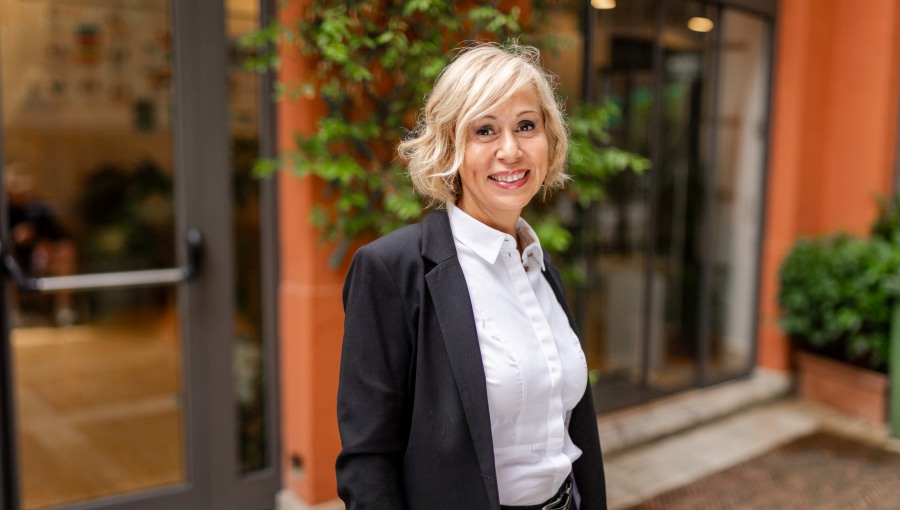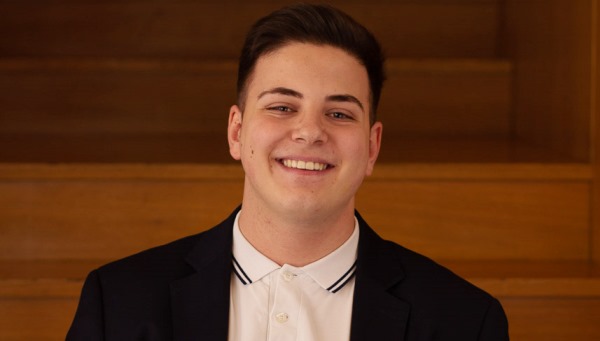JCU Welcomes Paolo Petrocelli from Rome Opera House

Paolo Petrocelli
Professor Antonella Salvatore welcomed Paolo Petrocelli to her class “Made in Italy: the Italian Business Environment” on February 11, 2020. Petrocelli is Assistant to the Superintendent for International Development and External Relations at the Rome Opera House.
Petrocelli chronicled the history of opera from its origins. A little known fact is that opera started in Italy around the end of sixteenth century as a form of entertainment related to Carnevale, the festivities that take place before Easter. He described opera as “a grand and prestigious form of art, using music and drama combined,” a means to celebrate a country’s grandeur through culture. The very first Opera House was Teatro San Carlo in Naples, constructed in 1737. The Rome Opera House, however, was not built until 1880.
The Rome Opera House
In the last five years, the Rome Opera House managed to become one of the most active production centers not only in Italy but also in Europe. Through the development of new cultural projects, the theater attracts a large audience with every season. It collaborates with some of the biggest international artists, partners, and sponsors, promoting tradition while experimenting constantly, highlighting its artistic excellence and cultural accessibility. It also partners with different fashion designers to create costumes for the actors, trying to promote its brand without distorting its historical image.
Opera and young people
“There are many young professionals, both musicians, and artists who work for Italian theaters as members of orchestras, choirs, dance companies. With their enthusiasm and passion, they contribute to promoting our extraordinary cultural heritage,” says Petrocelli. He added that theaters and concert halls, even the most traditional, are vibrant and evocative spaces where creativity and imagination become reality.
According to Petrocelli, a night at the opera can be a powerful inspiration for people of all ages. Unfortunately, young people’s lack of interest in this form of entertainment is often determined by the incapacity of cultural institutions to interpret changes in the public’s taste.
Challenges
Opera Houses are publicly funded almost everywhere in Europe since they are considered part of a country’s cultural heritage. Nowadays, however, resources are scarcer, and theaters have less money to invest in productions. Petrocelli mentioned that in the United States, private citizens who donate to theaters get a tax refund because of their generosity. The challenge that opera houses face nowadays is to find ways to attract not only regular targets such as tourists, students, and families but to make it more appealing to new audiences.
The advice that Petrocelli likes to give to those who want to succeed in business is to keep improving, step by step, by developing interests and curiosity. But most importantly, to have a great deal of courage, determination, and awareness.
Paolo Petrocelli, Ph.D., is a senior performing arts manager with extensive experience in leadership positions. He is the Honorary President and Co-Founder of the Italian Youth Association for UNESCO. He teaches in the continuing education program (Master di Primo Livello) in “Gestione e Digitalizzazione del Patrimonio Culturale” at John Cabot University.





